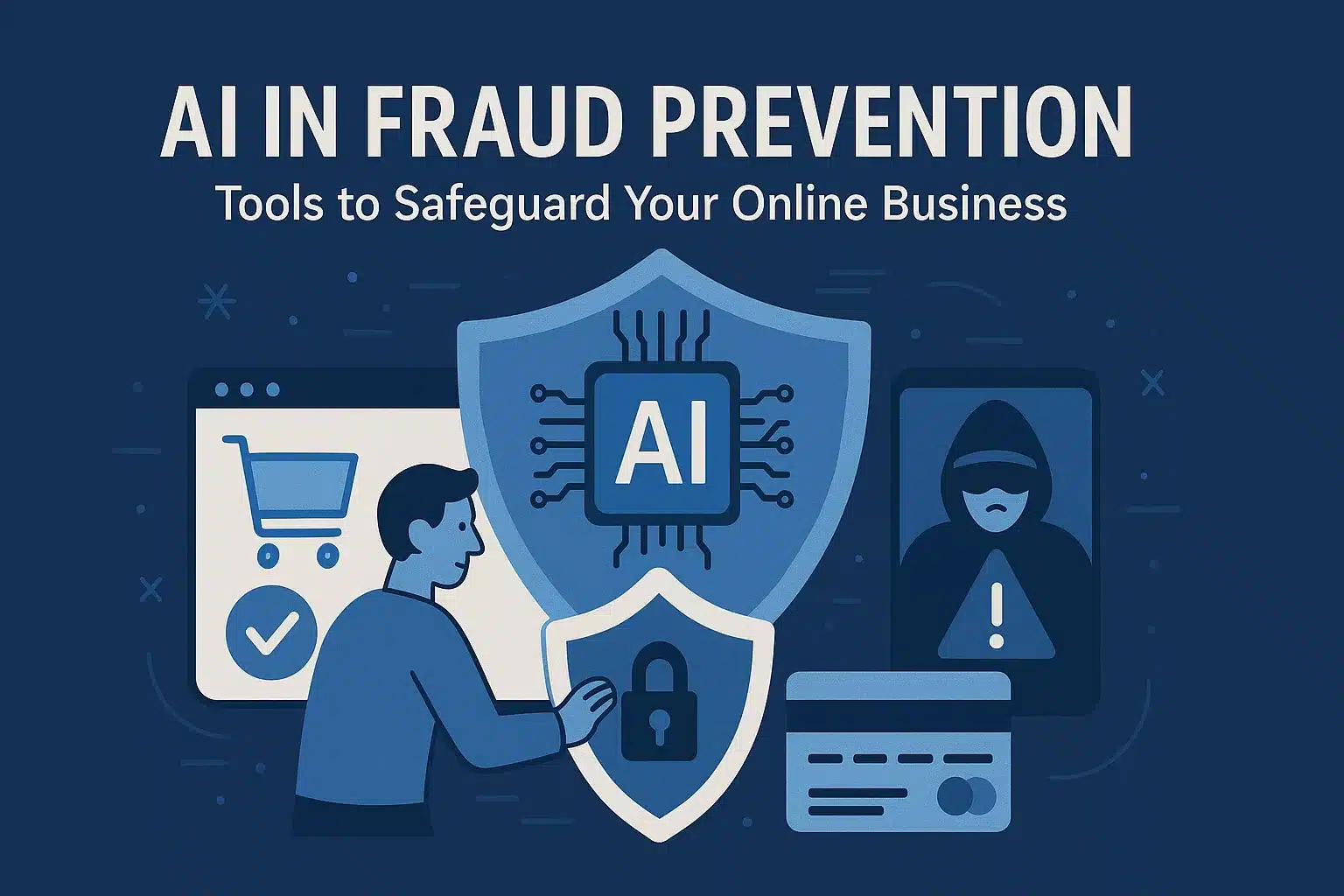In making decisions about company training methods and whether or not to employ a learning management system (LMS) to distribute training, sustainability is one top consideration. What makes a company training method sustainable?
In order to be sustainable, a training method must run smoothly without requiring a great deal of extra work. And as with any company procedure, those involved must understand the practices involved. In order for franchise managers, for example, to successfully train employees on standard procedures within a company, they themselves must understand those processes. This is one problem franchisors often experience in training their employees; the sheer quantity of company rules and regulations. It’s no wonder that training is often performed haphazardly or breezed through without much thought or planning.
Of course, online training delivered via a learning management system is great for small organizations. Managers can create short demos and tutorials using course creation tools, and quiz their employees to ensure that the material has been processed. They often create the material themselves, and are able to provide all the information needed for their employees to be successful. And for managers running a smaller operation, it’s simple to keep track of employees’ progress using LMS student tracking tools.
A learning management system automates many training processes to ensure that employees are gaining the information they need to do their jobs well. But LMS-created training courses are perhaps even more ideal for large companies, for the same reasons and more (some of which were mentioned in a recent post). Online training for large companies is the future, for many reasons.
Using a learning management system, companies are able to create and deliver training to large numbers of employees across the globe. Uniform training grants franchises uniform policies and procedures, which ensures better business practices. It ensures, in effect, the ability of a company to survive and thrive in an increasingly competitive global economy.
Another problem that online training addresses in franchise training practices is the confusion that comes with updates and changes that are often unknown or misunderstood by managers. And again, if a manager is confused about a change, it follows that the employees will also be left in the dark. An LMS facilitates the rapid communication of these kinds of updates, so that everyone is clear on every detail related to their workflow, company goals, procedures, etc. It also enables companies to be more elastic, adventurous, and try new things, since training is easy to update and distribute to all franchise branches.
Sustainability depends heavily on how convenient and cost-effective a practice is. With pay-per-use learning management systems, companies are able to ensure that their training is kept up-to-date and fresh.
This model solves the problem that many organizations run into with online training; that is, committing to a training content creation plan that requires a great deal of output in a short amount of time. The result is oftentimes that companies are not able to create as much content as they originally planned, and thus money is wasted. However, using a pay-per-use LMS allows companies to create and deliver content on a needs-basis, so that training is always fresh, and never wasteful.
Coggno offers premier LMS platforms. Coggno just introduced Subscriptions. Coggno subscriptions make it easy for you to provide your employees with an entire library of relevant quality training courses. Courses are instantly available for you to start distributing in a custom branded training management system that is provided for you.
For more information about this topic, check out this link. For more related resources, check out this ELearning post here.


















